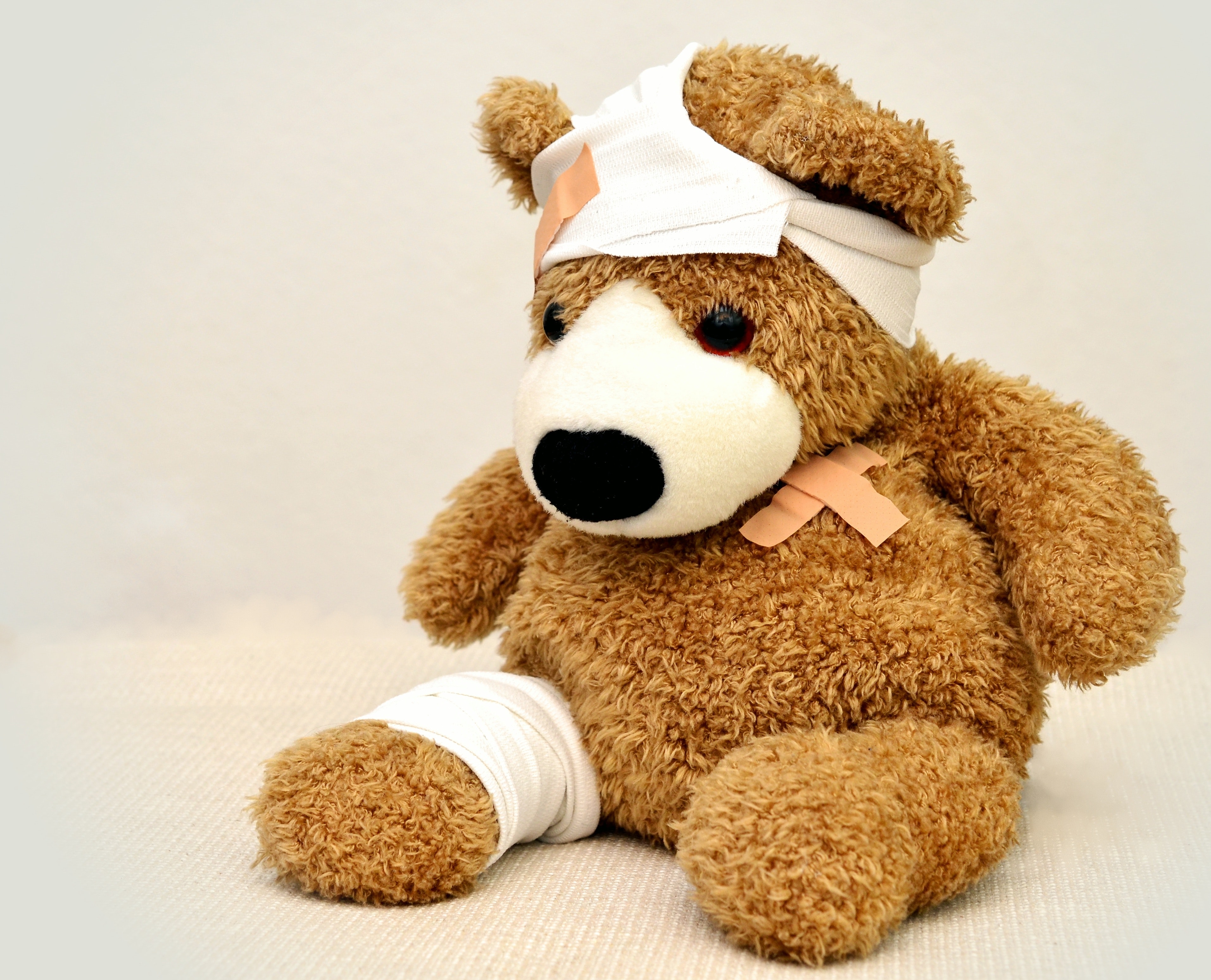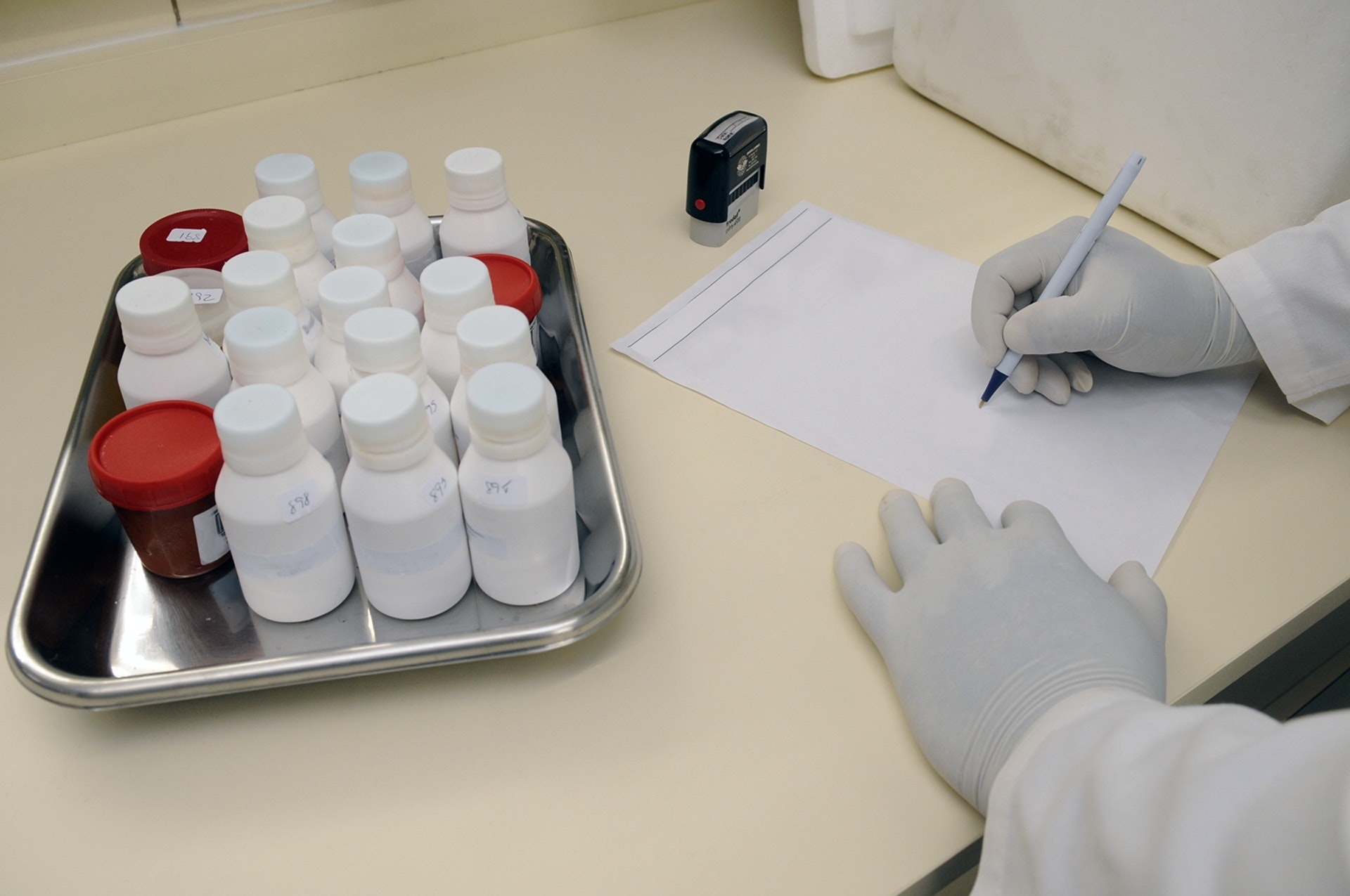5 Common Preschool Illnesses and How To Treat Your Child For Them

The following information is not meant to diagnose or treat and should not take the place of personal consultation, as appropriate, with a qualified healthcare professional. It can also be helpful to discuss your concerns with your child's nursery or school.
As a parent of a young child, you’ve probably fought off a large number of illnesses in your life. Whether it’s an ear infection, a cold, or even a stomach bug, it’s useful to know how best to treat these ailments in order to ensure the best level of care possible.
But what happens once your child goes to preschool and is exposed to their very own battles where coughs and sneezes are concerned? There’s no need to be scared once you’re prepared. We’ve listed 5 of the most common illnesses your preschooler could face and even included our very own tips on how best to treat your child’s symptoms.
1. Common Cold:
The common cold – caused by viruses in the upper respiratory tract – is even more frequent in young children. It’s not unheard of for your preschooler to fight off between 6 to 8 colds a year. Help your child fend off a snotty nose and sneezing by encouraging them to keep clean and ensure they are well rested and hydrated. Lukewarm fruit juices can also soothe a sore throat.

2. Whooping Cough:
This bacterial infection of the lungs can be caught by anyone, but preschoolers are highly likely to get seriously ill as a result. Listen out for a ‘whooping’ sound if your child gasps for air while coughing. Although children get vaccinated for Whooping Cough, it can still strike. Antibiotics can help to ease symptoms if diagnosed early so don’t hesitate to take your child to a healthcare professional if they seem unwell.

3. Hand, Foot and Mouth Disease:
A viral illness that often begins as a fever before painful sores develop in the mouth. A rash may also appear on the hands, feet, knees, elbows and buttocks. To lower your child’s risk of infection, keep your own and your child’s hands clean, particularly after changing diapers and using the toilet. Take care to clean and disinfect frequently touched surfaces and toys often. If your child is struggling to swallow it is important that you seek medical advice to avoid dehydration.

4. Stomach Bugs (Gastrointestinal Illnesses):
More common in the winter season, the most frequent symptoms of a stomach virus are vomiting, cramps and diarrhea that can last for up to a week. Keep your child hydrated and take extra care when preparing food and eating to keep everything clean. Soap and water are still your best defense when it comes to preventing stomach bugs but it may also be useful to use a diluted bleach solution on harder surfaces.

5. Worms and Head Lice:
Although not officially an illness, head lice and worms are easily spread in an environment where lots of children come together. If your child has an itchy bottom or there are worms in their poo or underwear then medication can be found at your nearest pharmacy. Similarly, if your preschooler is scratching their head and you can spot white head lice or nit eggs on their scalp, a trip to the pharmacy for some special shampoo may be required.

Looking for more? Our downloadable guide for Bay Area parents below is also filled with health and lifestyle advice for your preschool child.
Is your child tired of feeling sick? Our pick of 5 healthy and nutritious snacks is sure to perk them back up.
What are some of your top tips for fighting common preschool illnesses? Let us know in the comments below.

